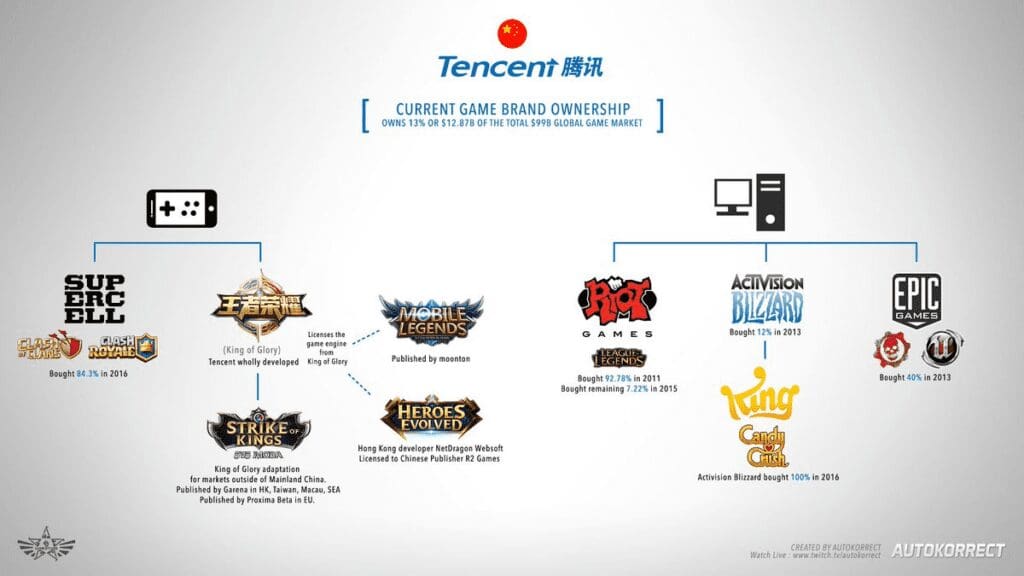
The bureaucratic bring-downs of the CCP dealt a blow to the world’s largest games market, which had resumed growth this year, by announcing a plethora of new regulations aimed at restricting video game spending and rewards in China. A few days ago, the new regulations—which essentially set spending caps for online gaming—caused a panic among investors, wiping out nearly $80 billion in market value from China‘s two biggest gaming companies.
Following the release of the new draft rules by China’s National Press and Publication Administration, NetEase (a Microsoft partner) stock dropped by 25% and Tencent Holdings, the largest gaming company in the world, experienced a 16% stock drop. New games approval marks the end of the crackdown last year, but regulators continue to impose China’s restrictions on in-game spending. The most explicit rules were revealed on Friday stating gamers won’t receive rewards for first, repeated, or daily purchases.

China’s crackdown posed a serious challenge to the gaming industry in 2022, which decreased revenue. New rules that prohibit in-game purchases with digital wallets and prohibit reward systems have an effect on the gaming industry in China. It is also forbidden for Ames, a well-known gaming platform, to permit trading and bidding on virtual goods. It is anticipated that the industry will accept the 60-day processing time requirement, nevertheless.

With usual concerns about player addiction and exploitative practices (one China state media outlet referred to video games as “spiritual opium”), this is not the first time China’s government has attempted to impose restrictions on game consumption. The government limited under-18s’ gaming time to one hour a day on Fridays, weekends, and public holidays in 2021, and instituted a nine-month crackdown on new game licenses coming into China. China has also tried to ban livestreams of unapproved games with policy documents commenting that “issues such as online live broadcast chaos and teenagers’ addiction to games have attracted widespread attention in the society, and it is urgent to take effective measures to strictly regulate them.”

Meanwhile, in America, Microsoft has significantly trimmed the Xbox Rewards program during the last year. Microsoft Rewards has reduced the daily Xbox Game Pass Quests achievement task, reducing the Rewards points available to subscribers to Game Pass and Game Pass Ultimate from 50 to 5, making it less appealing for some gamers. The ‘loot box’ fiasco from years ago is still a constant agitation to gamers and outsiders; in-game purchases that resemble gambling are given a cashing-out mechanic which is mandated in some states. The never-going-away nudity and censorship debacle with streaming mega site Twitch over the past few weeks will no doubt be a culture war political issue in the coming year. Based on the history of gaming’s inflation, it appears that both China and the US are waiting for this bubble to burst in order to implement significant changes.
Let us know what you think! With all the elements coming together, do you think there might be a video game crash like before? Leave a comment below!

Leave a Reply